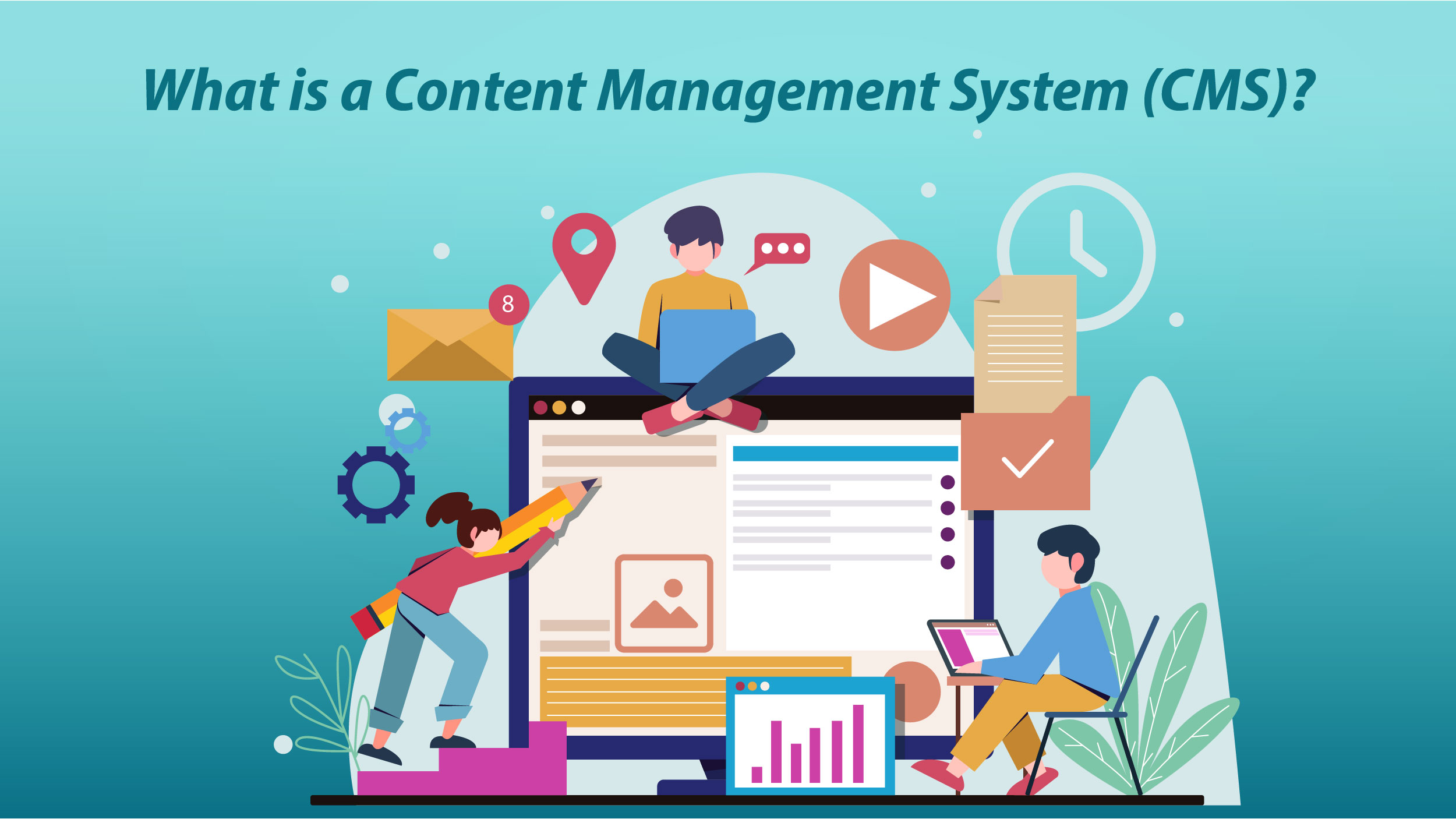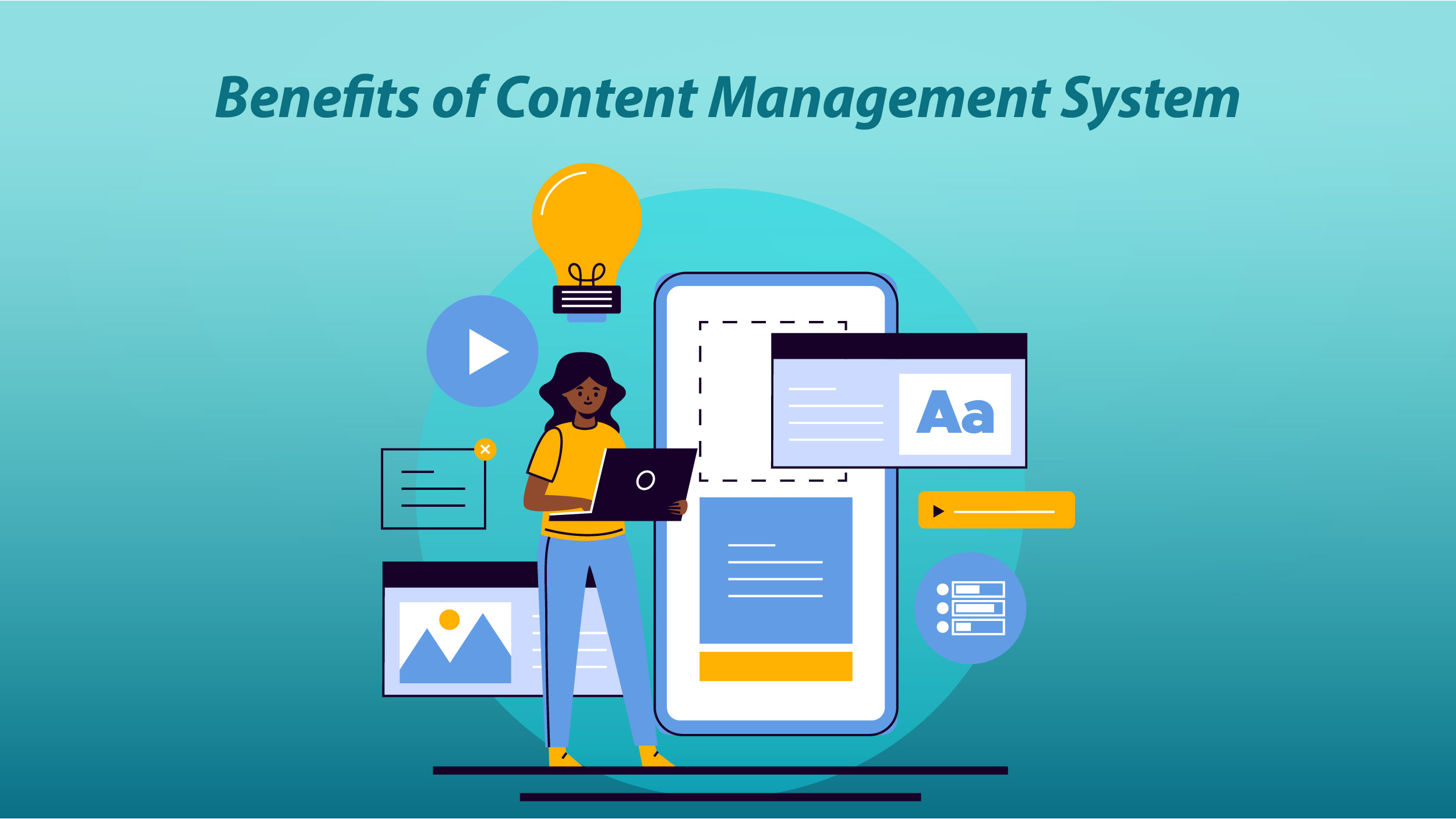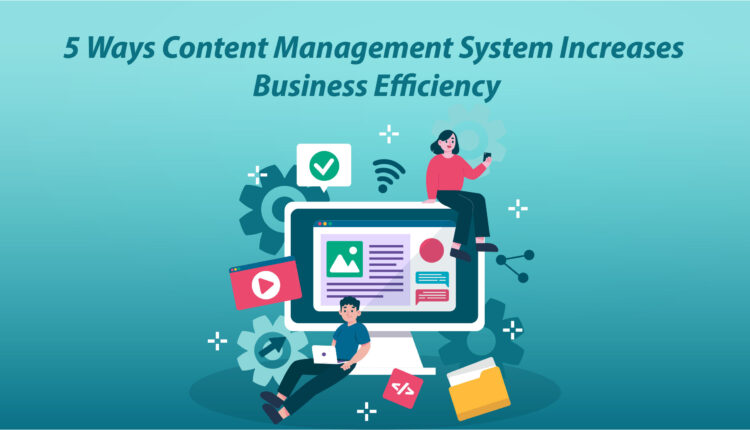In today’s hyper-connected world, it’s crucial for businesses to rock a solid online presence to reach more customers and boost sales.
But, let’s be real, not everyone is a tech whiz when it comes to crafting and handling web pages and content.
Enter CMS, aka content management system – your go-to savior for many folks and businesses.
Keep on reading to find out more about how it works.
What is a Content Management System (CMS)?
 A CMS refers to a software platform utilized to generate, oversee, and distribute digital content. The platform offers an intuitive interface for users to effectively oversee and organize diverse forms of content, including text, images, videos, documents, and other media.
A CMS refers to a software platform utilized to generate, oversee, and distribute digital content. The platform offers an intuitive interface for users to effectively oversee and organize diverse forms of content, including text, images, videos, documents, and other media.
Among the different types, an enterprise content management system (ECM) stands out for its ability to handle large-scale, diverse content needs within organizations. It ensures efficient collaboration, version control, and compliance. On the educational front, a learning content management system (LCMS) proves invaluable, offering tailored solutions for the creation, management, and delivery of educational materials. Meanwhile, a cloud content management system leverages the power of cloud technology, providing users with the flexibility to access, share, and collaborate on content seamlessly across the digital landscape. These CMS types collectively cater to diverse requirements, illustrating the adaptability and significance of CMSs in today’s dynamic digital environments.
Benefits of Content Management System
 Listed below are some major advantages of using a CMS that other website options do not provide.
Listed below are some major advantages of using a CMS that other website options do not provide.
● Easy Collaboration and Access
CMS enables multiple people to not only access your website but also easily collaborate on various projects. Multiple people can use individual accounts to add, edit, or update content on the site from their own computers or devices. CMS’s also store all of your online content in one place and are accessible to anyone with website access, eliminating the need to send multiple different files to different individuals.
● SEO Tools and Plugins
CMS include a variety of plugins and tools that can assist your site in ranking higher in major search engines. This isn’t to say you should ditch your online marketing team, but these tools can help you implement a basic SEO strategy in an effort to increase online traffic to your site.
● Security
In today’s world, no one wants their website to be hacked, especially e-commerce website owners. Websites are particularly vulnerable and are frequently targeted by hackers in order to steal personal information. CMSs, on the other hand, are rigorously tested by an army of developers and computer scientists in order to protect users from any and all potential security threats. There are also a plethora of plugins and tools available that are specifically designed to improve the security of your website.
● Coding-less Experience
WordPress and other content management systems were designed for users with little to no programming experience. After a web design professional has fully developed your website, managing the actual content on your website is simple and easy to learn. Your web content, such as images and text, can be easily inserted and uploaded onto specific pages, as well as styled, using a content editor similar to Microsoft Word.
● Cost Efficiency
If you have a static website, website maintenance can be quite costly. Having to hire a web designer or developer on a regular basis can add up. Not only is cost a consideration, but you will almost certainly have to wait a few days before the updates appear on your site.
Purchasing a CMS can help you save both time and money. With a CMS in place, you no longer need to rely on a web developer to make minor changes to your website. You can make these changes yourself, exactly when you need them.
Also Read: Tech Talk: The Ultimate Guide to Business Technology Solutions
What Are the 5 Examples of Content Management Systems?
Picking the right CMS is crucial for your workflow. Some are beginner-friendly, with no coding required, while others are more complex and ideal for big enterprises. Check out these 9 top CMS options. Listed below are the top 5 CMS you can consider in 2023 and beyond.
1. WordPress
WordPress content management system commands a 63.1% market share among CMS websites. Established in 2003, it’s both affordable and user-friendly, catering to non-tech users while offering customization for developers. Start with a simple website and learn as you go.
2. Webflow
With a focus on designers, developers, and marketers with prior design knowledge, Webflow is a potent CMS. Although it’s not a must, knowing HTML and CSS well is beneficial, particularly if you want more advanced CMS features. Its extremely configurable designs set it apart from other CMSs.
3. Drupal
Like WordPress, Drupal is a free CMS. It ranks second among the most widely used CMS platforms and is well-liked for its adaptability. Drupal is mostly used by web developers, companies, or organisations that have a lot of data and digital content to handle.
4. Wix
Wix is a cloud content management system designed for creating diverse websites. As a cloud-based system, it combines web hosting with design functionalities. Geared towards beginners, Wix is user-friendly with a step-by-step wizard for easy website setup and template selection. Additionally, it provides a comprehensive content management suite, including features like email marketing and social media integration.
5. Adobe
Adobe provides Adobe Experience Manager (AEM), an enterprise content management system. The purpose of AEM is to streamline digital media and content creation, management, and distribution. It enables businesses to handle entirely context-specific messaging that is applicable to a wide range of goods, services, businesses, and nations.
Bottom Line
A CMS emerges as an indispensable asset in the realm of digital content creation and distribution. The ease of use, collaborative features, and adaptability of CMS platforms empower individuals and organizations to navigate the ever-evolving digital landscape with agility.
As we continue to witness advancements in technology and user demands, a robust CMS not only addresses current needs but also serves as a scalable foundation for future innovations. Embracing the power of a content management system is not just a choice; it’s a strategic move towards efficiency, collaboration, and staying ahead in the dynamic world of digital content.


Comments are closed.